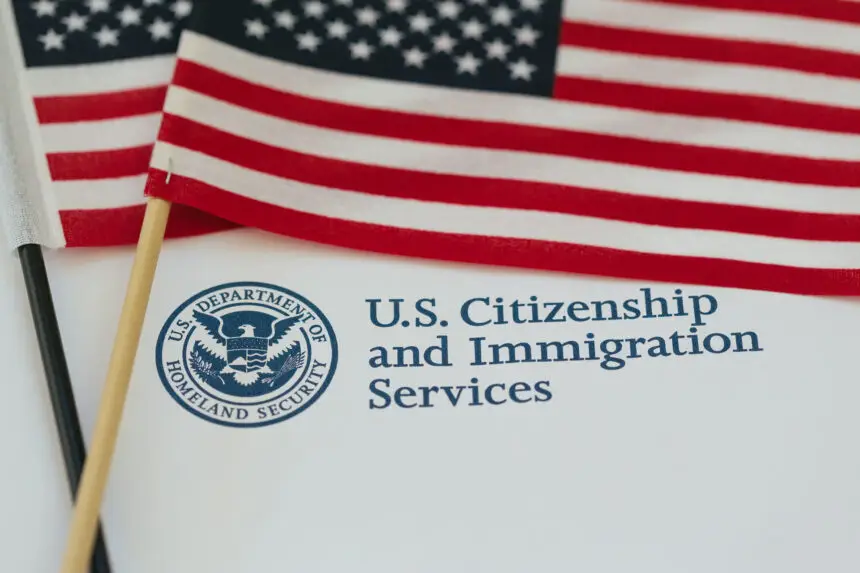USCIS is attempting to discourage holders of Temporary Protected Status (TPS) and humanitarian program beneficiaries from submitting asylum applications.
The U.S. immigration agency says it has initiated removal proceedings against more than 26,700 undocumented individuals since the release of new guidelines on issuing Notices to Appear (NTAs) in February 2025.
This change is part of the implementation of the presidential decree titled Executive Order Protecting the American People Against Invasion, signed by President Donald Trump.
According to the White House, the order aims to strengthen national security and the integrity of the United States immigration system.
“This update has allowed USCIS to enforce existing immigration laws by resuming the issuance of NTAs against removable individuals present in the United States,” said USCIS spokesperson Matthew Tragesser.
According to the agency, the new guidelines represent a return to a “common-sense” policy on deportation. Since February 2025, approximately 1,840 NTAs have been issued each week—an increase of 2,811% in fraud-related notices compared to the Biden-Harris administration, according to USCIS.
Among those cases, 500 weekly NTAs involve asylum applications, while 100 affect beneficiaries of Temporary Protected Status (TPS).
USCIS states that these measures aim to “reduce the exploitation of the immigration system through humanitarian and TPS programs.”
The new framework prioritizes the issuance of NTAs after the denial of an adjustment application, provided that the individual is subject to removal. In certain limited cases, the agency retains discretion under “prosecutorial discretion.”
However, USCIS clarifies that the new guidelines do not alter existing procedures where law or regulation already mandates the issuance of an NTA, including cases related to TPS or the DACA (Deferred Action for Childhood Arrivals) program.
In the event of the termination of TPS designation for a given country, former beneficiaries of the program—who no longer hold any other legal status—could receive an NTA and would then be encouraged to voluntarily leave the country. The agency recommends the use of the CBPHome app to report their departure, USCIS said.
“Under the leadership of President Trump and Secretary Noem, we have restored the integrity of the immigration system by adopting a consistent NTA policy,” added Matthew Tragesser in the statement.
USCIS also reports that it is providing operational support to ICE (Immigration and Customs Enforcement), including the deployment of volunteers to strengthen field enforcement actions.
As thousands of migrants awaiting adjustment or holding temporary protection now face possible deportation, USCIS affirms that it will continue its efforts to ensure strict enforcement of the law.
Temporary Protected Status (TPS) has already been revoked for several countries, including Venezuela. The Trump administration had previously removed six months from the TPS designation for Haitians but did not issue a required 60-day notice before the program’s expiration date, as mandated by law. This could imply that TPS holders might recover the six months previously deducted.
Recipients of the humanitarian parole program are also at high risk of deportation following a Supreme Court decision that authorized the Trump administration to revoke the legal status of CHNV program beneficiaries.







